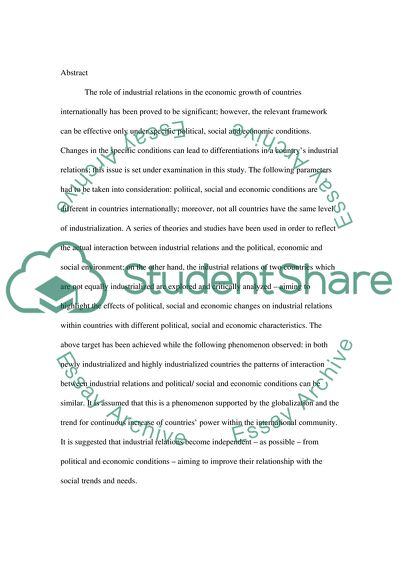Cite this document
(Impacts of Social, Political and Economic Changes on Industrial Essay, n.d.)
Impacts of Social, Political and Economic Changes on Industrial Essay. Retrieved from https://studentshare.org/macro-microeconomics/1742118-international-business-industrial-relations
Impacts of Social, Political and Economic Changes on Industrial Essay. Retrieved from https://studentshare.org/macro-microeconomics/1742118-international-business-industrial-relations
(Impacts of Social, Political and Economic Changes on Industrial Essay)
Impacts of Social, Political and Economic Changes on Industrial Essay. https://studentshare.org/macro-microeconomics/1742118-international-business-industrial-relations.
Impacts of Social, Political and Economic Changes on Industrial Essay. https://studentshare.org/macro-microeconomics/1742118-international-business-industrial-relations.
“Impacts of Social, Political and Economic Changes on Industrial Essay”, n.d. https://studentshare.org/macro-microeconomics/1742118-international-business-industrial-relations.


